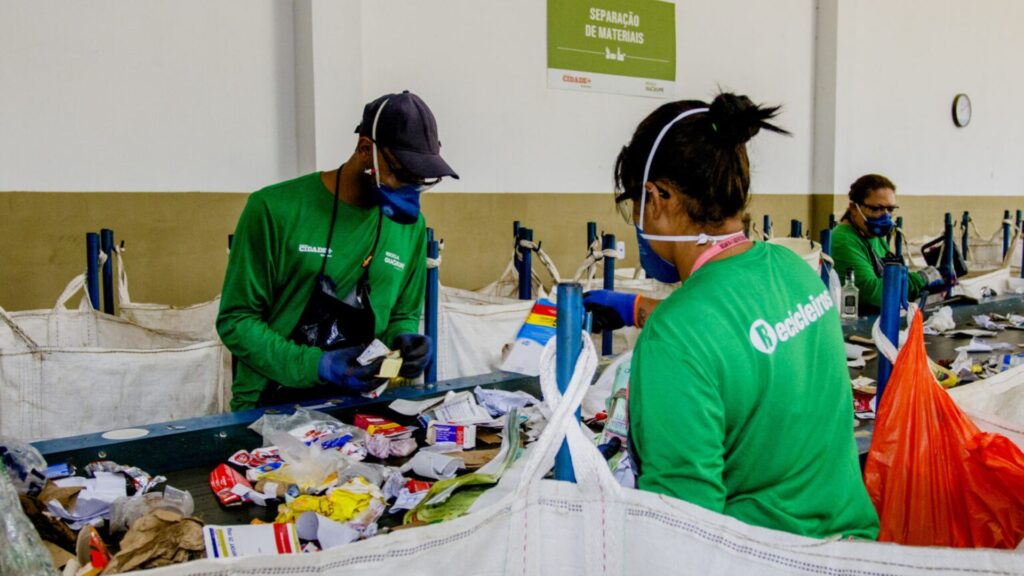Industrialization of Brazil’s Comparative Advantages: How Natural Capital Can Drive Inclusive and Sustainable Growth
How can emerging economies grow and foster development today, in a world where protectionism has become the norm, access to markets has narrowed, technology sharing has declined, and geopolitics has taken center stage? The strategies that propelled South Korea, Taiwan, China, Singapore, and others to success decades ago no longer deliver the same results. What, then, are the new pathways and opportunities? The answer lies in identifying and seizing the vast opportunities arising from climate transition, geopolitical realignment, and the quest for resilience in global value chains. These forces are revaluing geography as one of the most powerful drivers of business and investment. This is particularly true for much of Latin America, endowed with immense natural wealth and capital—renewable energy, bioeconomy resources, critical minerals, forests, carbon markets, water, and ecosystem services, among others. There are already unmistakable signs of a shift in relative prices in favor of these assets, which could reshape the global economic game and benefit emerging economies. To unlock this potential, however, countries must transform static comparative advantages into dynamic ones—in other words, industrialize their natural assets and add value to them. The moment is favorable, but the benefits are not automatic. 🎧 This is the central theme of the new podcast series launched by Imagine Brasil, “Industrialization of Brazil’s Comparative Advantages,” conducted by professors Aldemir Drummond and Jorge Arbache. In the first episode, Maria Netto, CEO of the Instituto Clima e Sociedade (iCS), offers an in-depth analysis of the global geopolitical and economic landscape, highlighting structural crises linked to energy, food, and climate change. She discusses Brazil’s challenges and opportunities in leveraging its clean energy matrix and abundant natural resources to generate innovation, added value, and long-term development. “Industrializing natural advantages is not only about economic transformation—it’s about shaping a new, inclusive model of prosperity for the twenty-first century,” emphasizes the Imagine Brasil initiative, created in collaboration with the Fundação Dom Cabral (FDC). 🔗 Listen to the first episode on Spotify: Industrialização das vantagens comparativas do Brasil – Conversa com Maria Netto (iCS) The new Imagine Brasil podcast, conducted by Jorge Arbache (Photo/ Green Initiative’s Scientific and Technical Advisory Council member) and Aldemir Drummond, explores how Brazil can transform its natural capital into engines of innovation, inclusive prosperity, and sustainable development through the industrialization of its comparative advantages.




